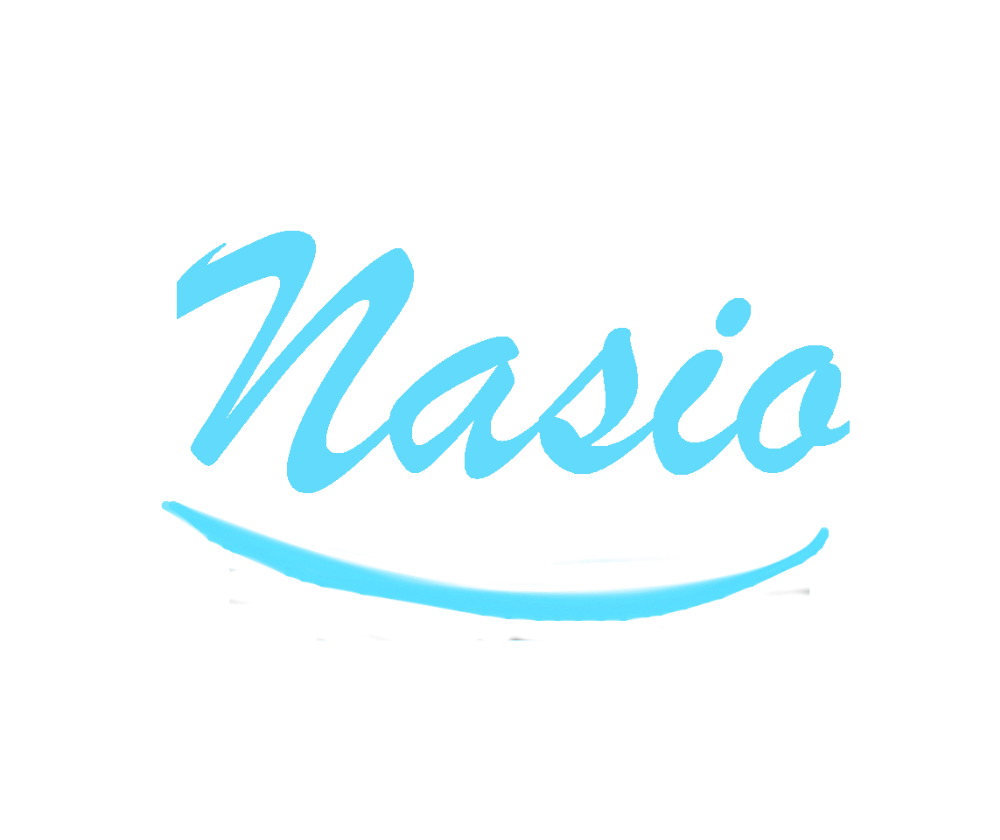Blurbs, Queries, Teasers, and Elevator pitches — oh my?
Among blurbs, queries, teasers, and elevator pitches – which is which?
Blurbs
Blurbs are short promotional pieces. They used to just stay on the backs of books, but now they can serve as the copy you read on an Amazon author or book page. They can even be the snippet pulled by search engines for a page.
The best blurbs are:
- short
- specific as to genre (don’t be coy; if it’s erotica, then say so!)
- open about who the protagonist is
- spoiler-free
- not a rehash of the first chapter or the entire plot
- neutral about the quality of your work (don’t say: this is an amazing book. ‘Cause then it probably isn’t. Sorry.)
In this fantasy tale, Alice is intrigued by a strange white rabbit. Even stranger, he’s wearing a waistcoat, checking a pocket watch, and complaining that he’s going to be late!
Queries
Furthermore, queries are cover letters accompanying your submissions to a publisher or agent. They vary in length, but Job One is always to do what the recipient wants. That is, if the recipient wants it as an attachment, send an attachment. Double-spaced? Do it. Times New Roman font? Why, that’s suddenly your favorite font, too!
Rather than giving you an example, it’s probably best to link to a successful modern query letter. Now imagine your work, showcased like that. Change the genre if necessary, the character names, etc., and you’ve got the bare bones of a query letter.
Suggestion: check several successful query letters, particularly those which are fairly recent and are in your genre. If they are the queries beloved by your actual target, then so much the better.
Teasers
In addition, teasers usually go a bit longer. You use them to generate excitement. Teasers often end with a question, but they don’t have to.
Alice is bored and sleepy on a lazy, sunny afternoon spent with her sister. But then she spots a white rabbit wearing a waistcoat and checking a pocket watch. The rabbit says he’s going to be late! Should Alice follow him? What’s down that rabbit hole, anyway?
Elevator pitches
Finally, elevator pitches are, just like when you are looking for a job, the kinds of quick sales pitches done on the fly when someone turns to you and says, “You’re a writer. So, what’s your book about?”
Don’t just stand there! You’ve got to be ready.
Imagine if animals started talking, and they told you what to do in a topsy-turvy world.
My book is about Alice; she’s a young girl, a little bored on a sunny afternoon, when she spots a white rabbit. The odd thing about this rabbit is, he’s wearing clothes and talking. She follows him down a rabbit hole, but then she can’t get out.
That’s less than 70 words, and the person asking has the basic plot, the name of the heroine, and a reason to want to know more.
Back to you.

